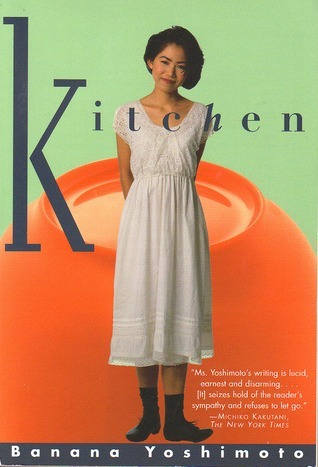What do you think?
Rate this book


160 pages, Paperback
First published January 30, 1988


‘Why is it we have so little choice? We live like the lowliest worms. Always defeated - defeated we make dinner, we eat, we sleep. Everyone we love is dying. Sill, to cease living is unacceptable.’
“From the bottom of my heart, I wanted to give up; I wanted to give up on living. There was no denying that tomorrow would come, and the day after tomorrow, and so next week, too. I never thought it would be this hard, but I would go on living in the midst of a gloomy depression, and that made me feel sick to the depths of my soul. In spite of the tempest raging within me, I walked the night path calmly. I wanted it to end, and quickly...”(she continues on for another meaty paragraph and then runs up ten flights of stairs in a sort of fugue that is simultaneously gloomy and energetic, whereas I just threw the book across the room in a fit of disgust.)
Four a.m. in the morning
Carried away by a moonlight shadow
I watched your vision forming
Carried away by a moonlight shadow
Stars move slowly in a silvery night
Far away on the other side
Will you come to talk with me this night?
But she couldn't find how to push through.
"Again and again I will suffer; again and again, I will get back on my feet. I will not be defeated."